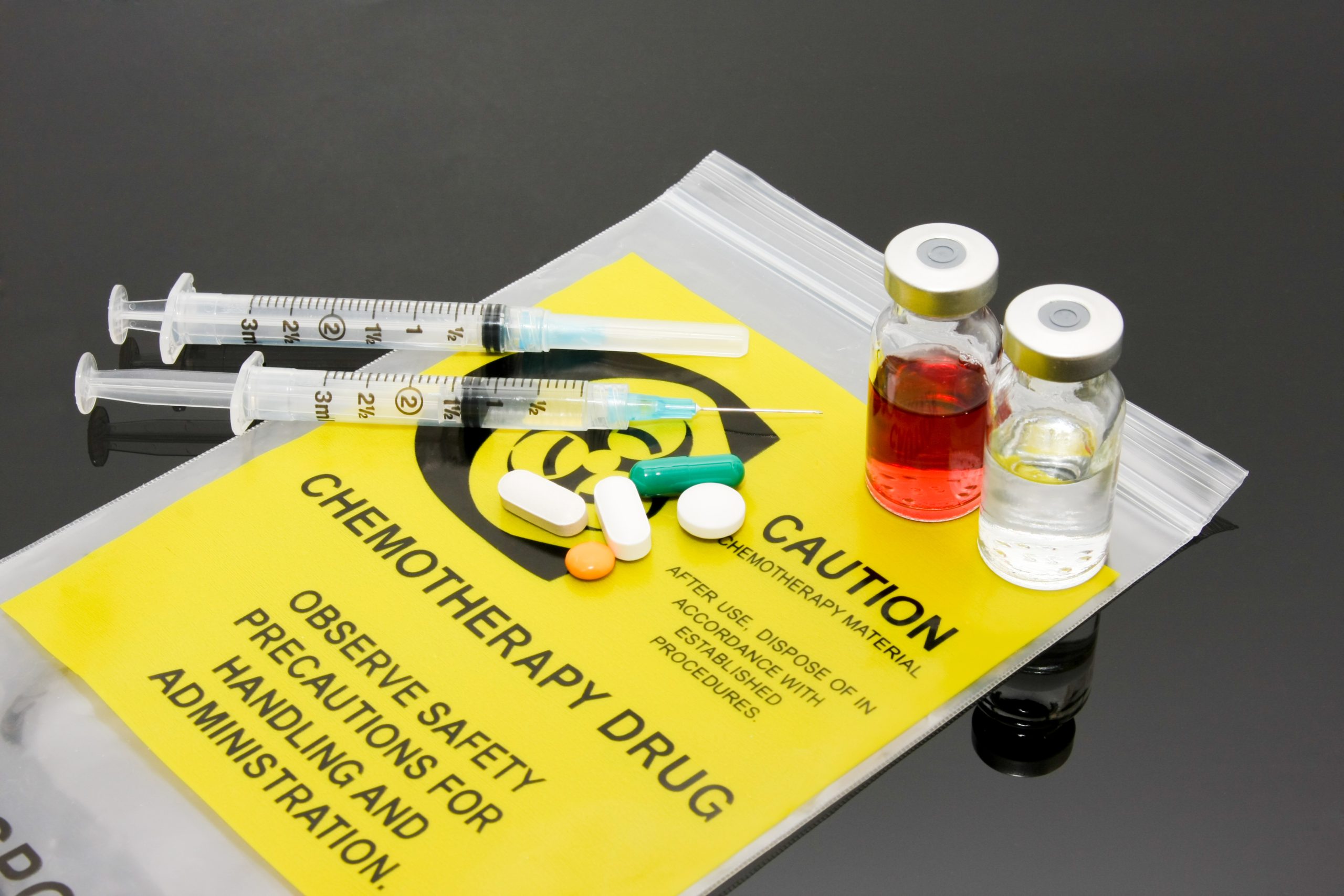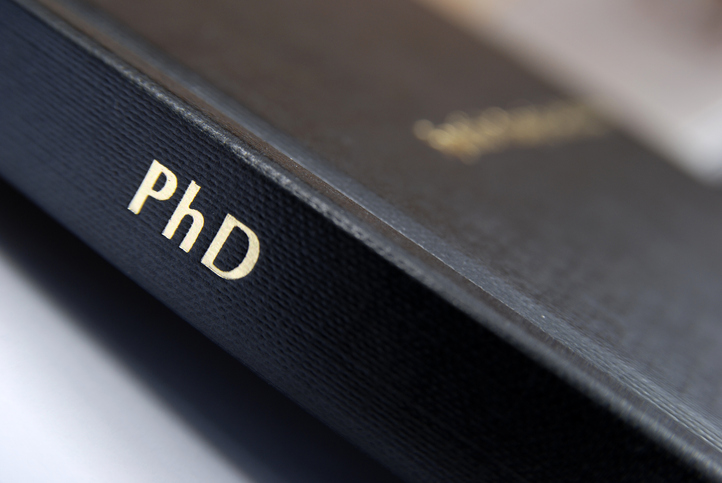A new study has revealed that a common chemotherapy drug may cause significant hearing loss in cancer survivors years after treatment. The research, published in the Journal of the American Medical Association Oncology, followed testicular cancer survivors who received cisplatin-based chemotherapy for an average of 14 years.
The study found that 78% of survivors experienced significant difficulties in everyday listening situations, which negatively impacted their quality of life. Cisplatin, widely used to treat various cancers including bladder, lung, and testicular cancer, can become trapped in the ears, damaging cells crucial for hearing.
Dr. Victoria Sanchez from the University of South Florida stressed the need for regular hearing tests for chemotherapy patients, noting that most patients currently do not receive such evaluations. “Most patients still do not get their hearing tested prior to, during or after chemotherapy. Our study highlights the need for regular auditory evaluations to manage and mitigate long-term hearing damage,” she said.
The research team, which included experts from Indiana University and the University of South Florida, discovered that higher doses of cisplatin led to more severe and progressing hearing loss, especially in patients with risk factors such as high blood pressure and poor cardiovascular health.
Dr. Robert Frisina, a lead researcher, emphasized the importance of understanding these long-term effects to improve cancer survivors’ quality of life. “It’s important that we understand the real-world effects of patients’ sensory problems and if we can understand that, then we can develop better therapeutic strategies and preventive measures,” he said.
The study is part of The Platinum Study, an ongoing research effort funded by the National Cancer Institute to study cisplatin-treated testicular cancer survivors. The researchers hope their findings will lead to alternative chemotherapy protocols, preventive measures to reduce hearing loss, and exploration of drugs to prevent or reduce hearing damage.
Experts recommend that cancer patients discuss potential hearing risks with their doctors and consider regular hearing assessments before, during, and after chemotherapy treatment. As Dr. Sanchez said, “Hearing allows us to connect to the world we love. Promoting optimal hearing for overall wellness is essential for healthy living.”
(Inputs from ANI)



















